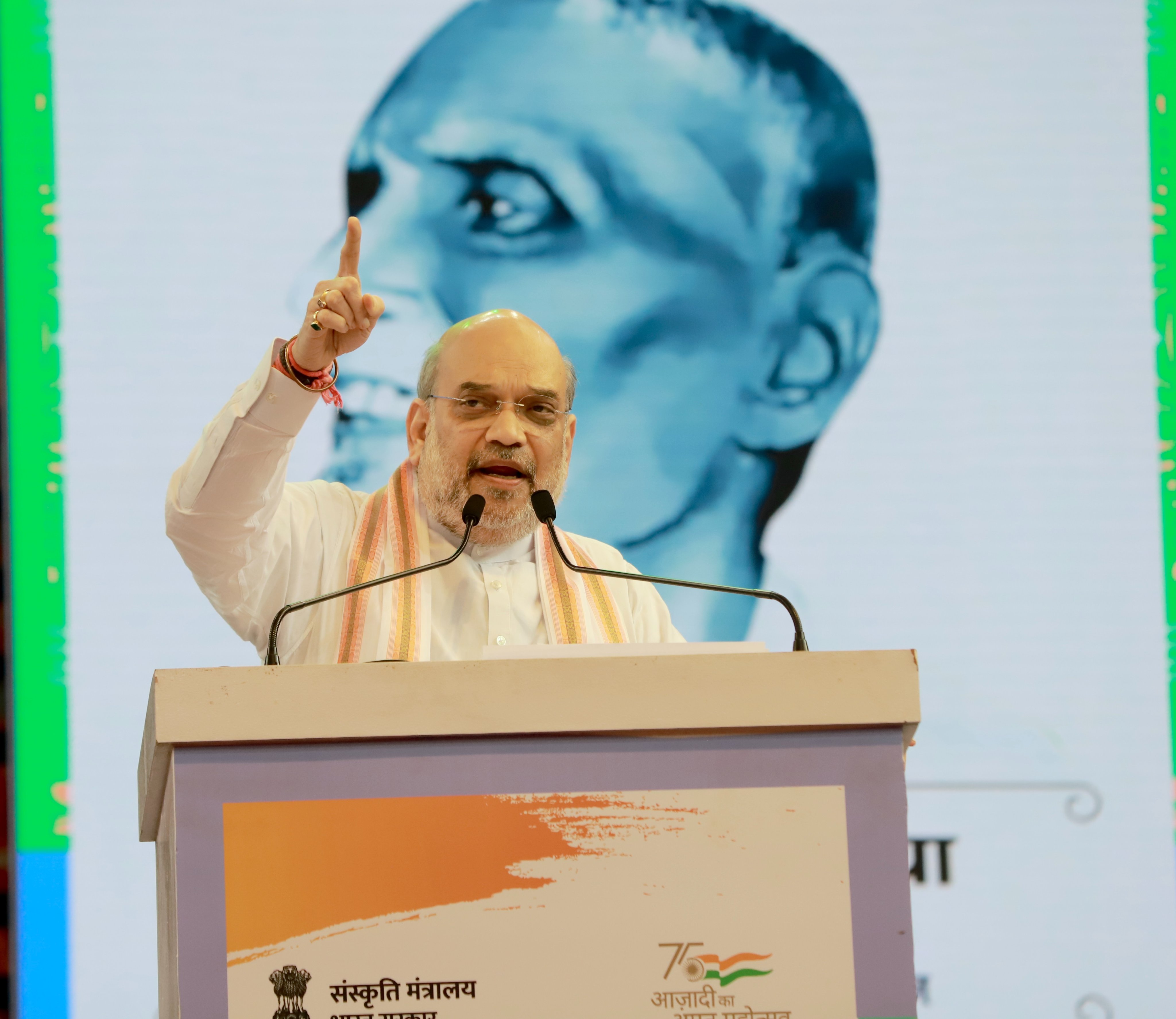In continuation of its attempts to lay claim to the Indian state of Arunachal Pradesh, the Chinese government has said that it objected to the visit of Indian Home Minister Amit Shah to the state.
The Home Minister launched the ‘Vibrant Villages Programme’ from Kibithoo, a border village of Arunachal Pradesh today. During a speech on the occasion, Shah said no one can question “India’s territorial integrity” amid China’s objection to his Arunachal Pradesh visit.
“Nobody can encroach [upon] even a pin’s tip worth of our land,” he said.
Shah tours Arunachal Pradesh today and tomorrow, and launching schemes under the ‘Vibrant Villages Programme’ near the India-China border is the main item on the agenda. The home minister is also meeting personnel from the Indo-Tibetan Border Police, as per reports.
Just days after China tried to rattle its relations with India by ‘renaming’ 11 places in Arunachal Pradesh, a state over which it has no authority, a Chinese spokesperson raised an objection to Shah’s visit to Arunachal, which China refers to as “Zangnan”. At a news briefing, Chinese Foreign Ministry spokesperson Wang Wenbin said, “Zangnan is China’s territory. The Indian official’s visit to Zangnan violates China’s territorial sovereignty, and is not conducive to the peace and tranquillity of the border situation.”
On his first visit to Arunachal as the Union Home Minister, Shah had landed in Dibrugarh, Assam, this afternoon, and then made his way towards the border village of Kibithoo. Road-building is among the primary schemes under the ‘Vibrant Villages Programme’ in Arunachal Pradesh.
India has remained consistently dismissive of the posturing by China. On the so-called renaming of places in Arunachal Pradesh, the Indian Ministry of External Affairs earlier said that it made no difference to the “ground reality” and that Arunachal Pradesh remained an “inalienable part of India”.



